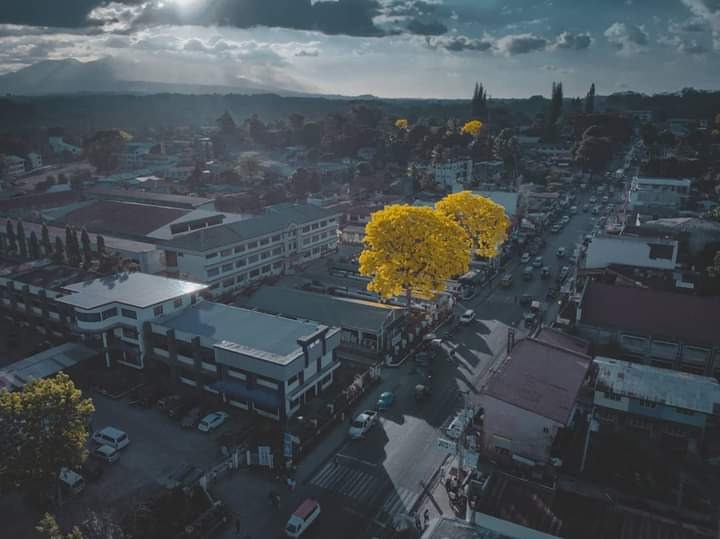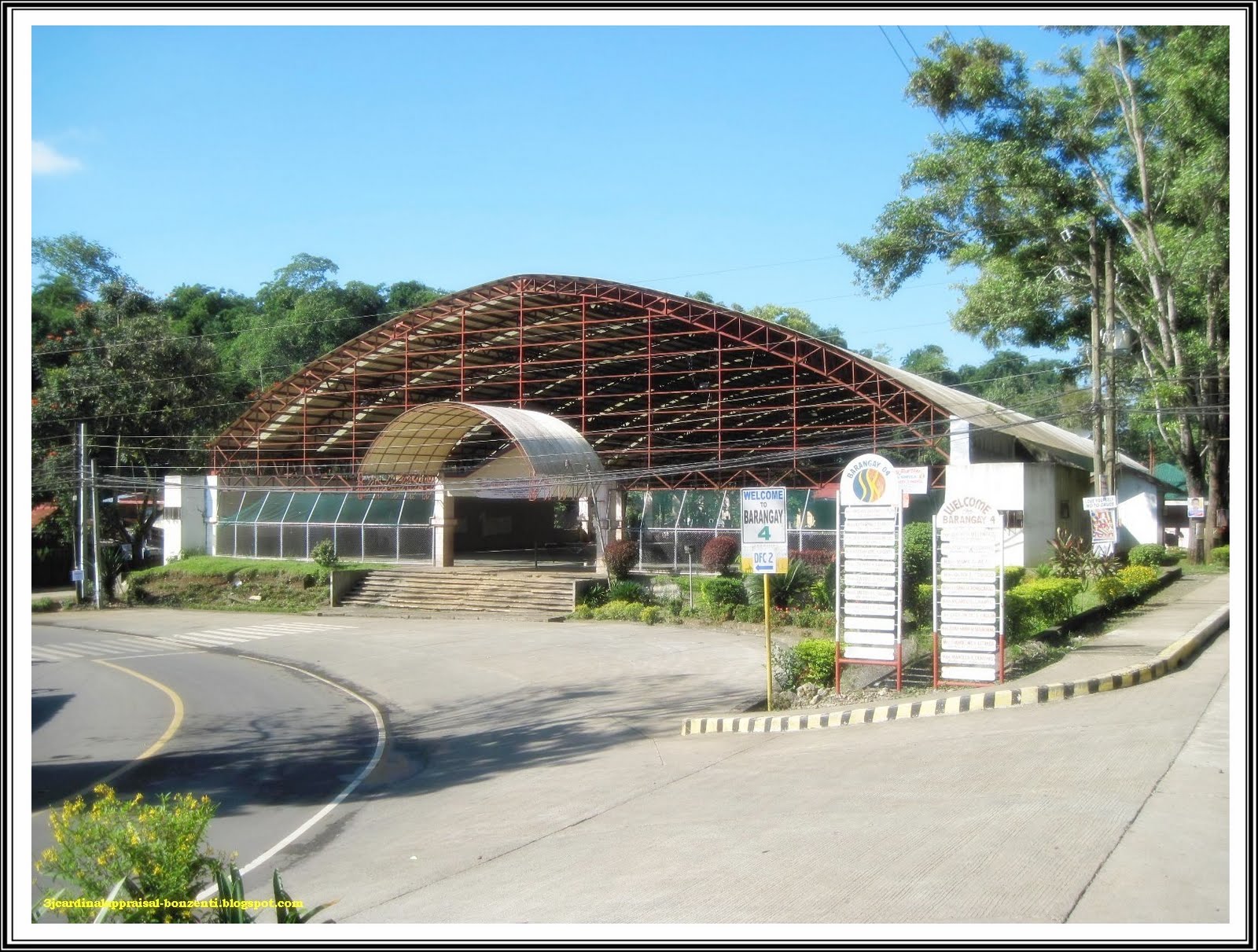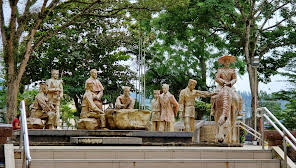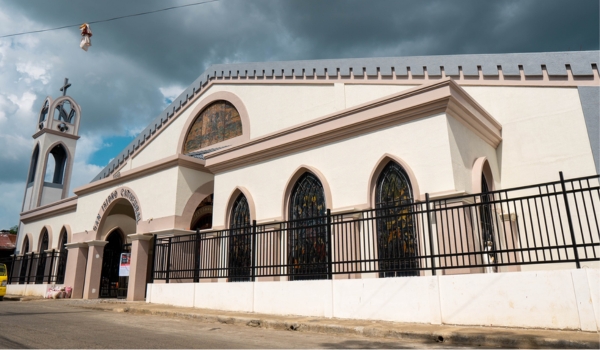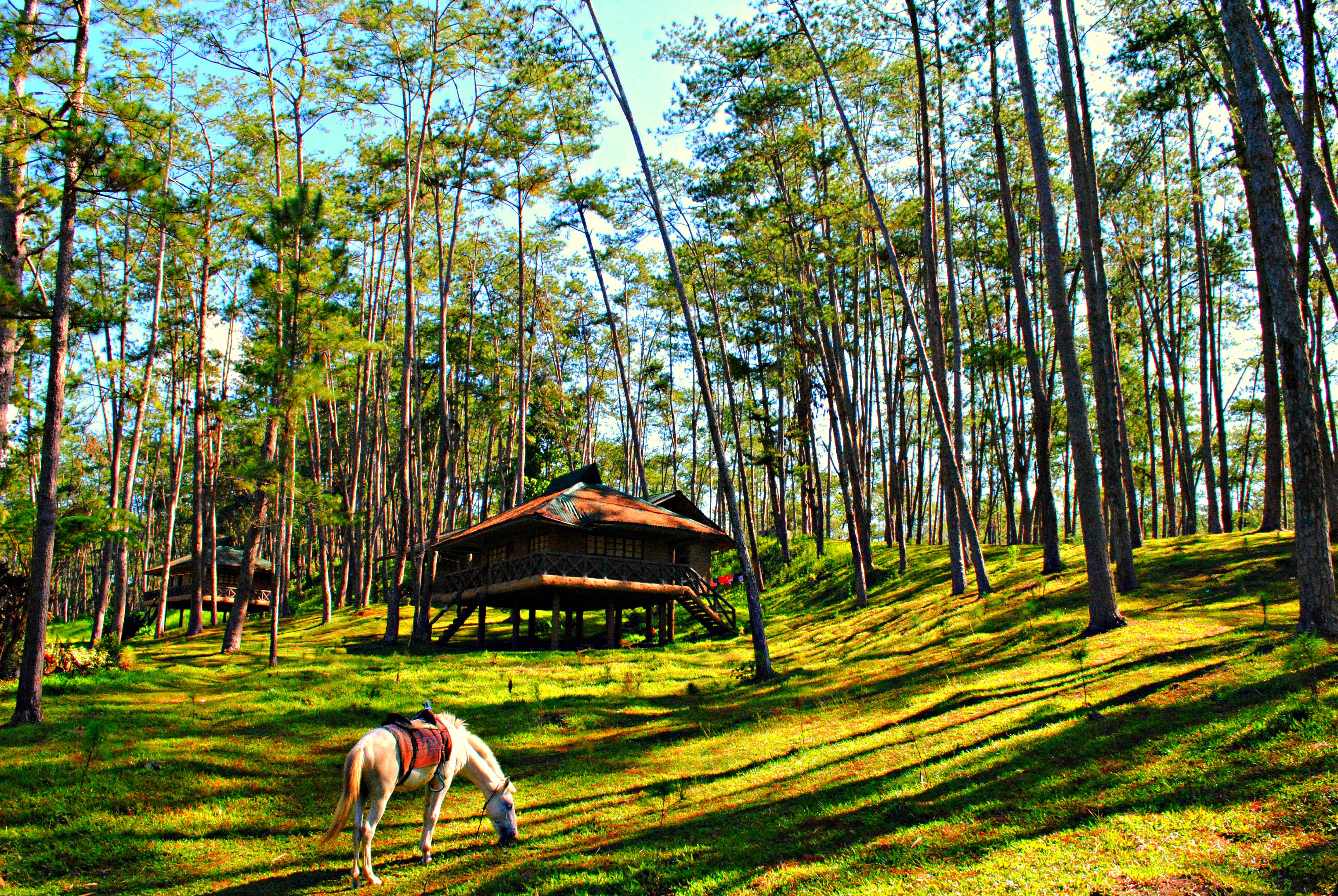Welcome to Malaybalay City in Bukidnon, and welcome to Anthro on Foot's walking tour! This is a
self-paced
walking tour that features key heritage sites and cultural highlights in the area. We hope you enjoy
this tour as
much as we enjoyed curating it!
The original inhabitants of Malaybalay were various indigenous groups belonging to the Lumad
ethnolinguistic communities. Among these groups are the Bukidnon, Higaonon, Manobo, and Talaandig.
These communities traditionally engaged in agriculture, hunting, and gathering, adapting to the
diverse ecosystems of the area.
Lumad societies in the region were characterized by a decentralized structure with communities led
by local rulers or datus. They practiced a form of swidden agriculture, cultivating hillside fields
and utilizing forest resources sustainably. Social organization was often based on kinship ties and
mutual cooperation within the community.
The arrival of Spanish colonizers in the Philippines in the 16th century marked a significant
turning point in the history of Malaybalay and the surrounding regions. The imposition of foreign
rule brought about changes in governance, culture, and religion. Despite these changes, the Lumad
communities in Malaybalay have continued to preserve their cultural heritage, and their traditional
way of life remains an integral part of the region’s identity.
A Spanish colonial-era legend recounts the origin of Malaybalay’s name during an encounter between
local children and Spanish explorers. Upon meeting children playing near Sawaga, the soldiers
inquired about the place’s name. Misinterpreting the question, the children responded, tagbalaybalay
kay (or we are playing house), leading the soldiers to record the name as Malaybalay.
The original inhabitants migrated from the seashores of Northern Mindanao due to pirates and
Spanish colonizers. Spanish missionaries established settlements like Sumilao, Linabo, Mailag, and
Silae. In 1850, the Spaniards burned Kalasungay during a final battle with the Lumads, marking the
last resistance against Spanish conquerors.
